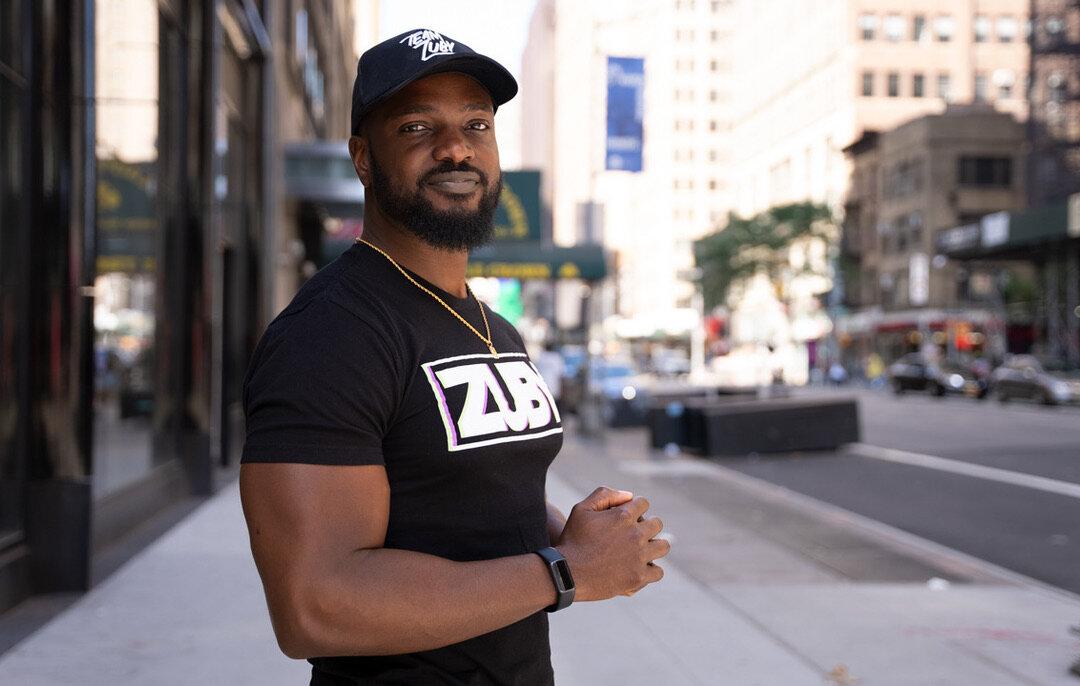“Every person on this earth was birthed from a woman, every human who’s ever walked the planet,” says Zuby, rapper, author, podcaster, and fitness coach. “This shouldn’t be something that’s hotly contested, but that’s where we are.”
In a recent episode of “American Thought Leaders,” host Jan Jekielek sits down with Zuby (the stage name of Nzube Olisaebuka Udezue) to discuss his rise to fame and our current political moment, ranging from transgender athletes in women’s sports to the importance of personal responsibility.






